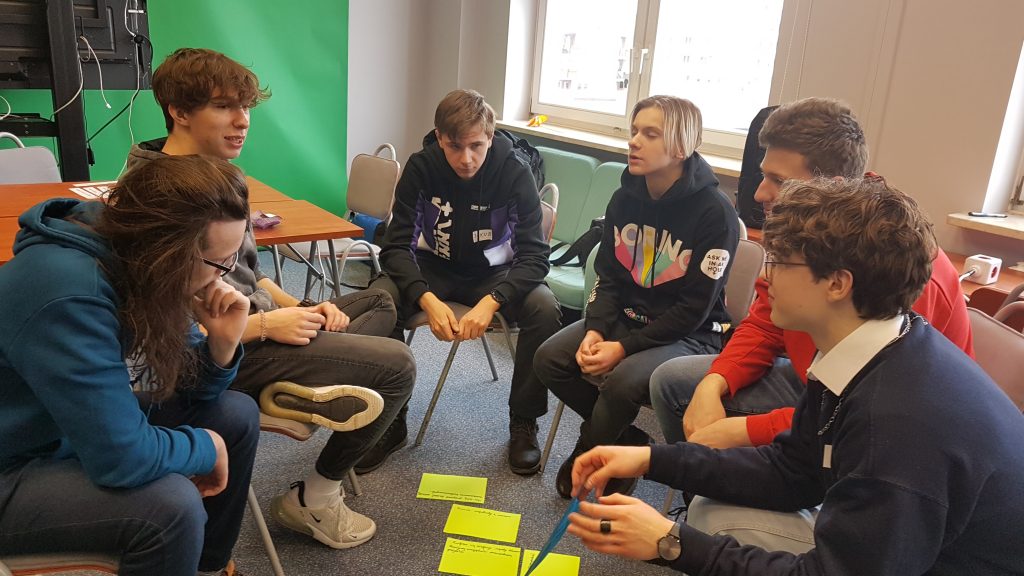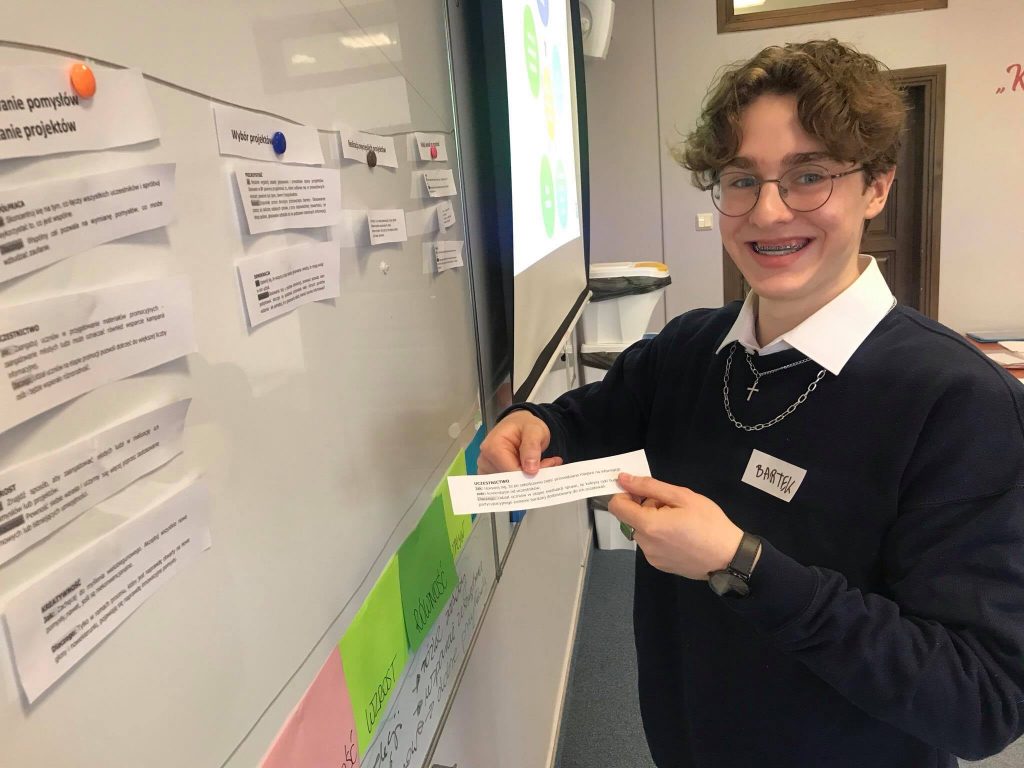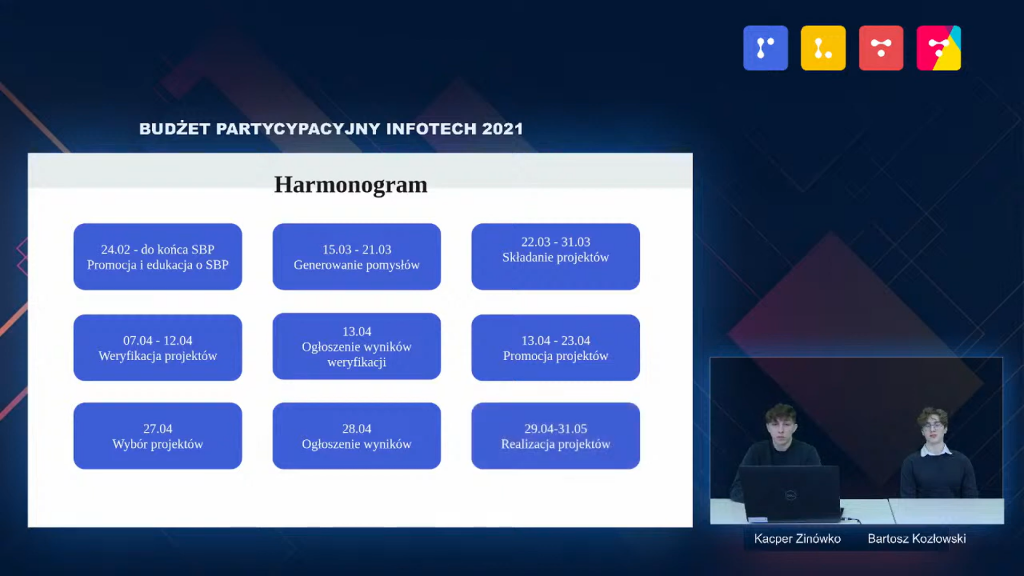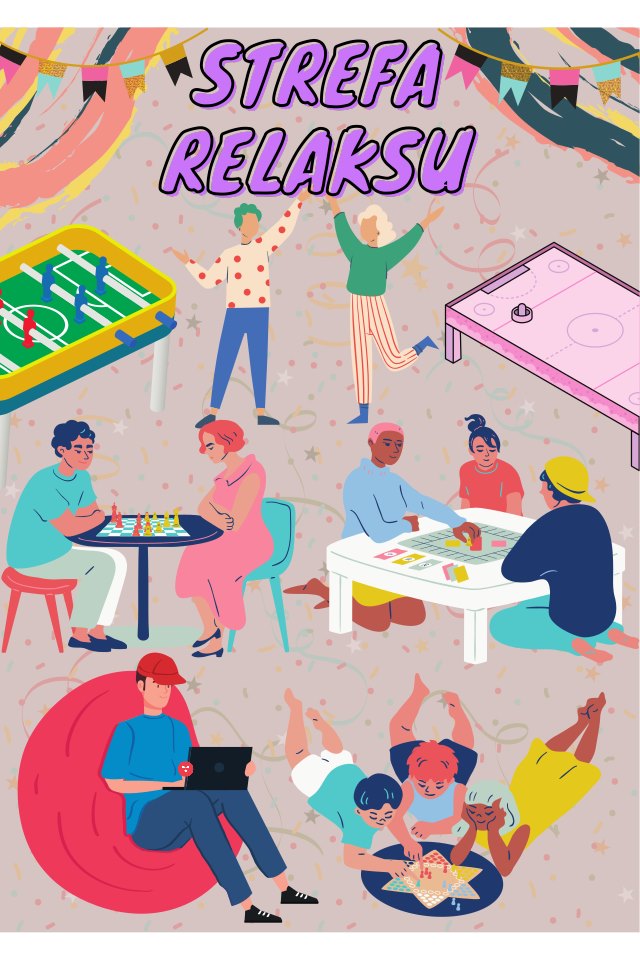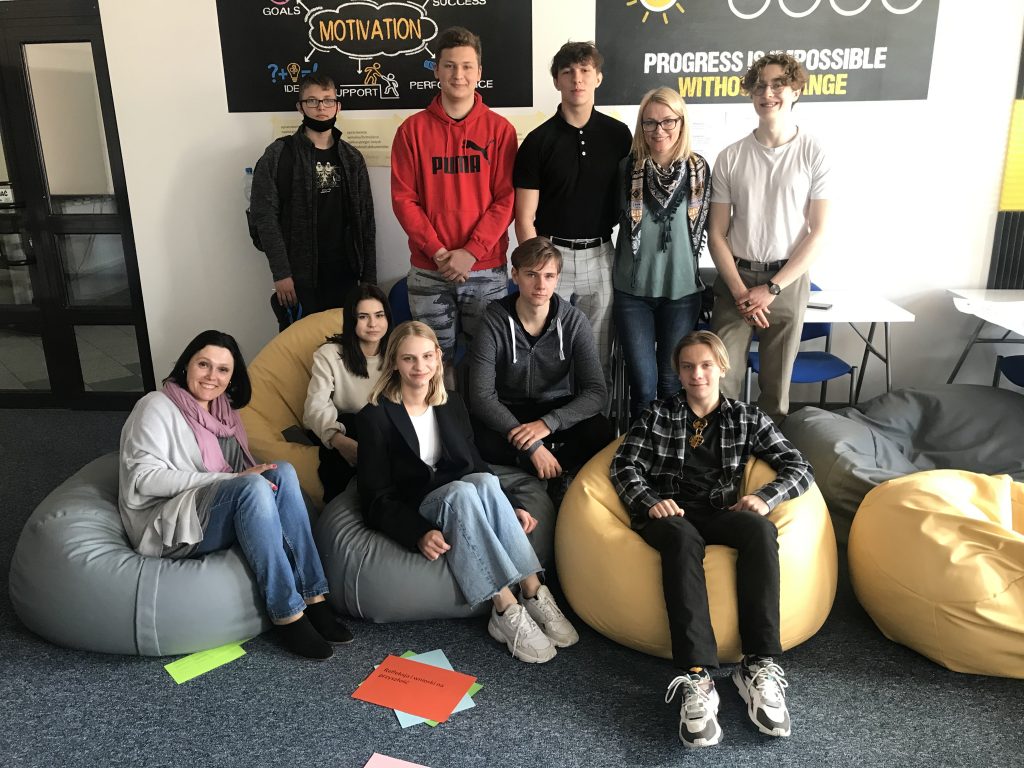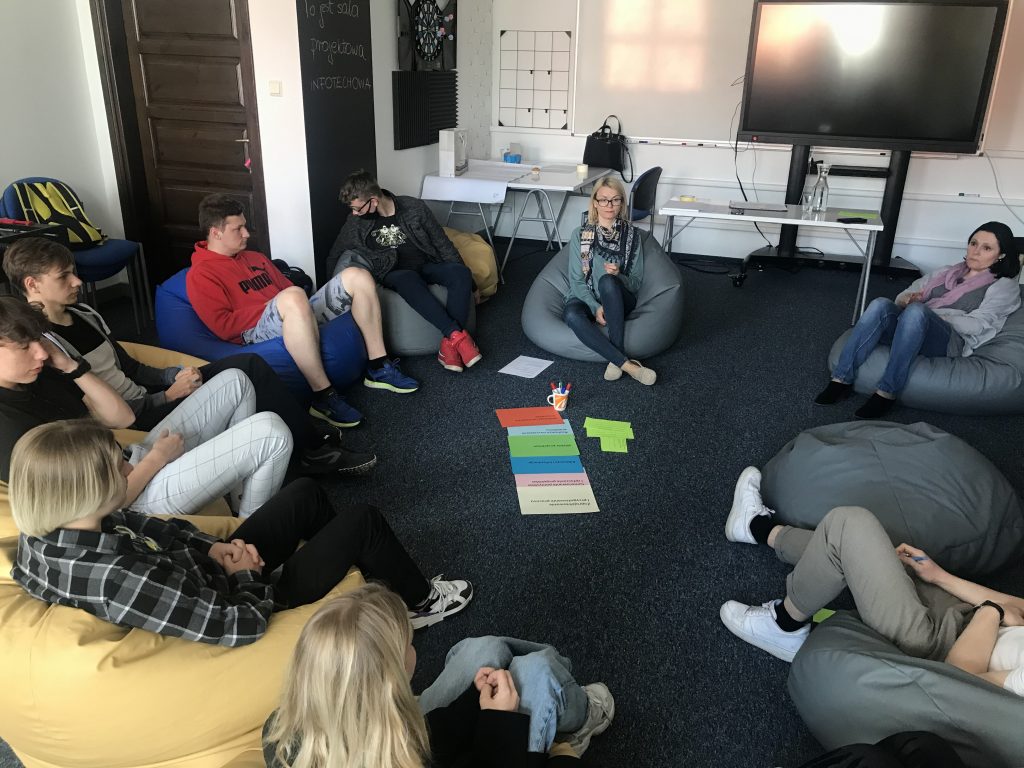Dissemination events: where, how, and what-about?
We have completed our work on preparing educational materials, which provide detailed guidance to support the design and delivery of youth-led PB.
In the nearest future we will be organising dissemination events. They will take place in all the countries our project partners come from, i.e. Poland, Spain and the United Kingdom.
The events are addressed to:
- teachers,
- school principals
- educators working with young people
- young people themselves
- representatives of NGOs working with young people
- representatives of youth organisations
- representatives of local authorities
- practitioners
Events in Poland:
- seminar “Time for Youth! School PB as a tool for civic engagement of young people”.
23.03.2022 – organised by the Soclab Foundation, venue: Białystok
Detailed information: https://soclab.org.pl/seminarium-dla-osob-pracujacych-z-mlodzieza/
- meeting “How to start a school after remote? Organize a school PB!”
29.03.2022 – organizer Pole Dialogu Foundation, place: Warsaw
Detailed information: https://www.facebook.com/events/377416810866709/
Event in Spain:
- Learning democracy – How to organise participatory budgets with the youngest (Spanish: Aprender democracia – Cómo organizar presupuestos participativos con los más jóvenes)
29.03.2022 – organizers: Medialab UGR in collaboration with The Laboratory 717 (Laboratory of Participation and Democratic Innovation of Andalusia), place: Granada
Detailed information: https://laboratorio717.org/aprender-democracia-como-organizar-presupuestos-participativos-con-los-mas-jovenes/
Events in the United Kingdom:
- Online workshop ” Youth Participation and Participatory Budgeting”
17.03.2022 – Organised by Shared Future CIC
Detailed information: https://sharedfuturecic.org.uk/youth-participation-and-participatory-budgeting/
- Online workshop “Youth Participatory Budgeting (PB) Accelerator Toolkit and DIY Manual Zoom Workshop”
23.03.2022, organised by Community Places
Detailed information: https://www.communityplaces.info/news/youth-participatory-budgeting-pb-accelerator-toolkit-and-diy-manual-zoom-workshop
